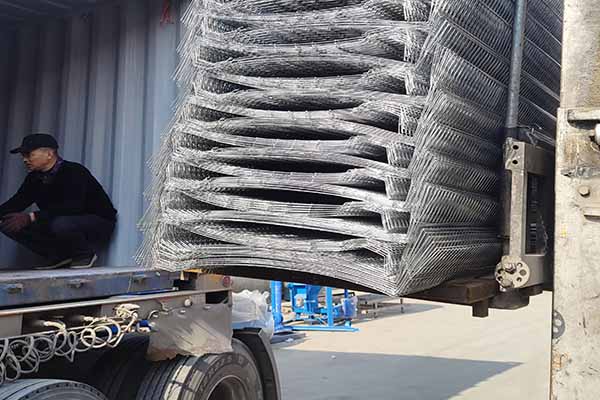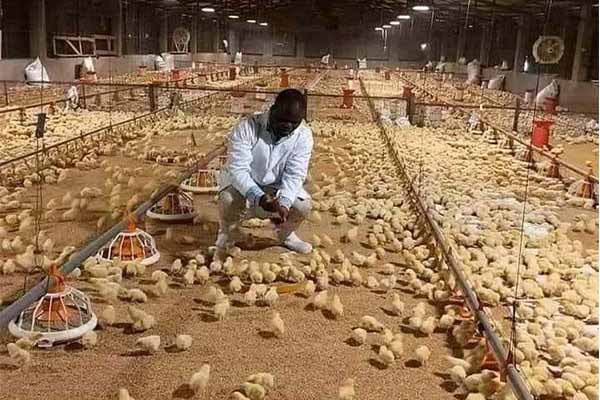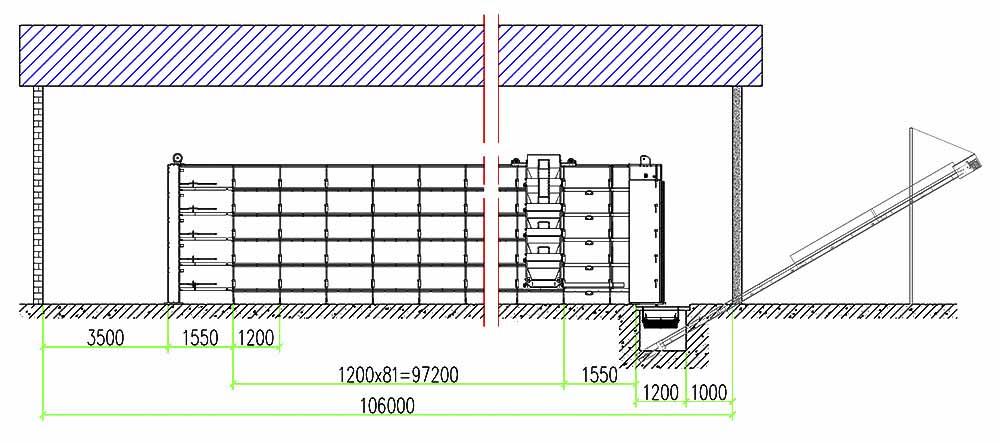Poultry Production in Ghana: A Comprehensive Overview
Time : 2025-05-13
In this article, we delve into the poultry production sector in Ghana, offering insights into the industry, its challenges, and its growth potential. With the demand for poultry products skyrocketing, let’s take a closer look at the current landscape of poultry farming in this West African nation.
The Poultry Industry in Ghana

Ghana’s poultry industry has grown significantly over the past few decades, primarily driven by an increasing demand for meat and eggs in both urban and rural areas. The sector is not only crucial to the country’s food security but also serves as a source of income for thousands of farmers.
crucial to the country’s food security but also serves as a source of income for thousands of farmers.
Market Dynamics
Ghana’s poultry market is segmented into layers and broilers, with layers predominantly focusing on egg production, and broilers on meat production. According to a recent report, the layer sector contributes approximately 50% of the country’s poultry production, while the broiler sector accounts for the remaining 50%.
Factors Driving Growth
Several factors have contributed to the growth of poultry production in Ghana:
1. Rising Demand: With the growing population, particularly the urban population, there’s an increasing demand for affordable meat and eggs.
2. Improved Access to Credit: The availability of credit facilities has helped farmers to expand their poultry farms and improve production.
3. Technological Advancements: Modern farming techniques, such as improved  feed formulations, have increased productivity and reduced mortality rates.
feed formulations, have increased productivity and reduced mortality rates.
4. Government Support: The Ghanaian government has introduced several policies and incentives to promote the growth of the poultry industry.
Challenges Faced by the Poultry Industry
Despite the rapid growth, the poultry industry in Ghana faces several challenges:
1. Feed Costs: The high cost of feed, which accounts for about 70% of production costs, has constrained the growth of the industry.
2. Limited Access to Quality Feed: The lack of access to high-quality feed has affected the health and productivity of poultry.
3. Vaccination Coverage: Vaccination coverage for poultry is still low, leading to high mortality rates due to diseases such as新城疫 (新城疫).
4. Competitive Pressure: Imported poultry products, often cheaper and of better quality, have created intense competition for local farmers.
Ghana’s Poultry Value Chain
The poultry value chain in Ghana encompasses several stages, from breeding to production, processing, marketing, and distribution. Below is a brief overview of each stage:
1. Breeding: Local and international companies produce breeder stocks for commercial purposes.
2. Brooding: Chicks are kept in brooding units for the first few weeks of life to ensure their growth and development.
3. Growing: Chicks are transferred to growing houses, where they are fed and managed until they reach the desired weight.
4. Slaughtering and Processing: Live birds are transported to slaughtering facilities, where they are killed, plucked, eviscerated, and processed into different products.
5. Marketing and Distribution: Processed poultry products are distributed to local and international markets.
Future Outlook
The future of poultry production in Ghana looks promising, with several factors working in favor of the industry:
1. Investment in Research and Development: Investing in research and development to improve poultry health, production, and genetics can further boost productivity.
2. Enhanced Value Addition: Processing more of the poultry products locally can reduce the country’s reliance on imports and generate additional income.
3. Increased Collaboration: Collaborating with local and international stakeholders can help to address challenges such as feed costs and vaccination coverage.
Conclusion
Poultry production in Ghana has come a long way in terms of growth and development. However, several challenges still need to be addressed for the industry to achieve its full potential. By investing in research and development, improving access to quality feed, and addressing vaccination gaps, the Ghanaian poultry industry can become more sustainable and competitive.











